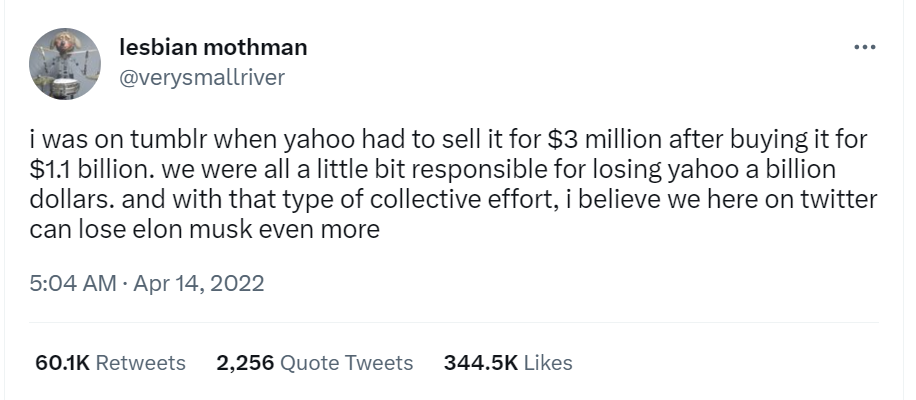19.4. Meta vs. Users#
Let’s take a moment and look at how Meta’s business decisions relate to what its users want.
Remember that Meta is a company owned by shareholders in a capitalist system, so decisions are driven by fiduciary duty, that is, maximizing the profits of the shareholders. And among shareholders, those who have invested the most money get the most say in what Meta does.
In this system, users of Meta’s social media platforms have very little say in decisions made by the company. The users of Meta have few actions they can take that influence the company, but what they can do is:
Use the site less or delete their account. Individually, this doesn’t do much, but if they do this in coordination with others (e.g., a boycott), then this can affect Meta.
For example, when Facebook would make interface changes, users would all complain together, and Facebook worried people would all leave together. In order to prevent this, they began slowly rolling out changes, only giving it to some users at a time, making it harder for users to coordinate leaving together.

Fig. 19.1 Tweet [s55] relating the crash of Tumblr value to the potential crash of Twitter value right after Elon Musk purchased Twitter.#
Vote for government representatives (or pressure the government) so that they will regulate social media sites
Meta spends a lot of money to lobby US government leaders, so they won’t be inclined to regulate Meta in a way it doesn’t like
